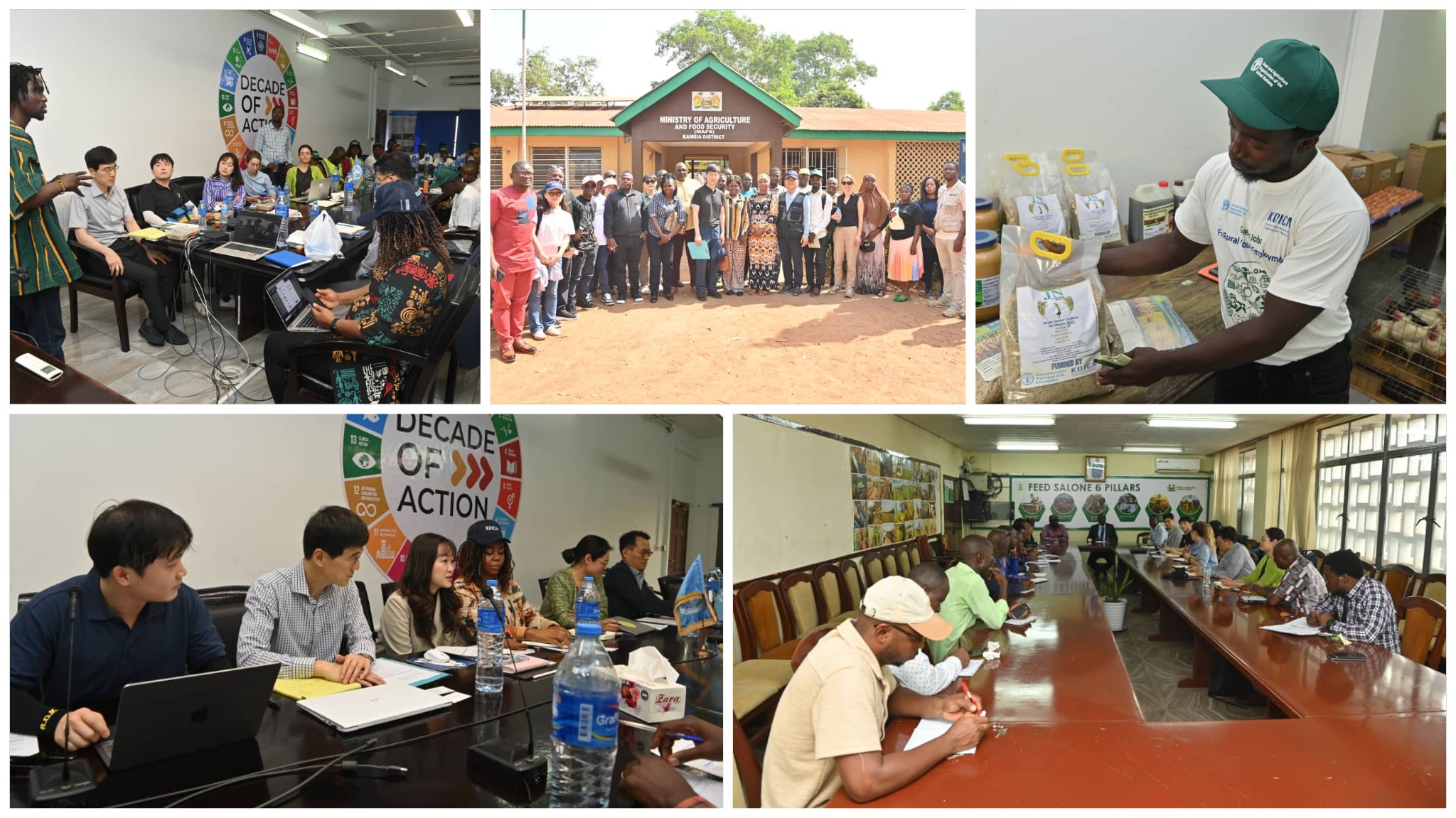
The Food and Agriculture Organization (FAO) and the Korea International Cooperation Agency (KOICA) have concluded a five-day feasibility study in Sierra Leone to assess the groundwork for launching Phase II of the Green Jobs for Rural Youth Employment (GJR4YE) project.
The study evaluated the successes, challenges, and lessons from Phase I, while identifying opportunities in green job value chains, entrepreneurship, and public-private partnerships to bolster sustainable employment for rural youth.
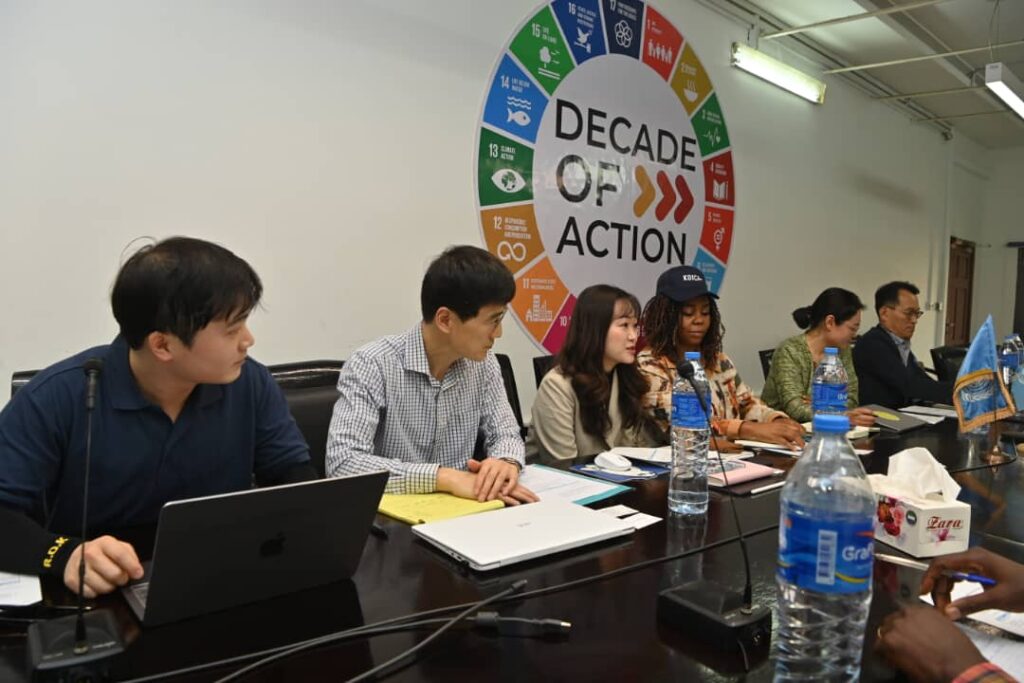
During the assessment, the FAO-KOICA delegation engaged stakeholders including beneficiaries of Phase I’s Wage Employment Program and Green Entrepreneurship Track, which directly created jobs and fostered agribusiness ventures.
District Councils in Kambia and Bombali, the Sierra Leone Agricultural Research Institute (SLARI), the Ministry of Agriculture and Food Security, and private sector partners like Mountain Lion Rice Processing Company and Big Things Poultry Farm also contributed insights.
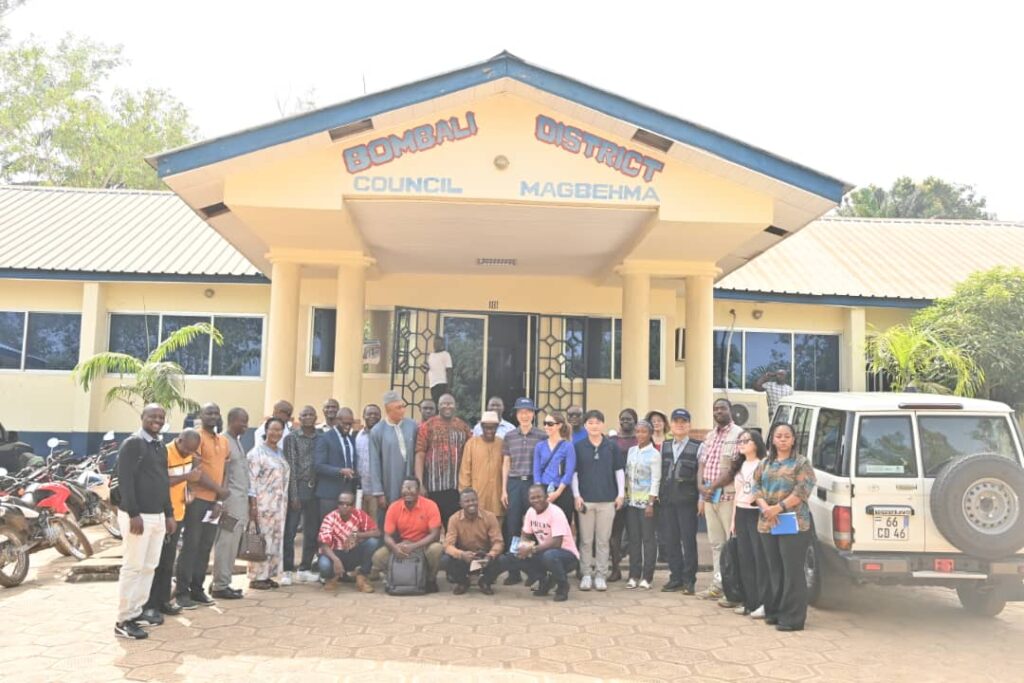
Jang Hee Im, KOICA delegation lead, highlighted Phase I’s impact in generating jobs and nurturing entrepreneurship despite hurdles such as limited finance, infrastructure gaps, and technical skill shortages.
Harding Bockarie Wuyango of FAO emphasized leveraging private-sector collaboration to expand opportunities, while National Project Coordinator Abdulai Amadu Bangura noted the study’s role in refining Phase II for greater impact.
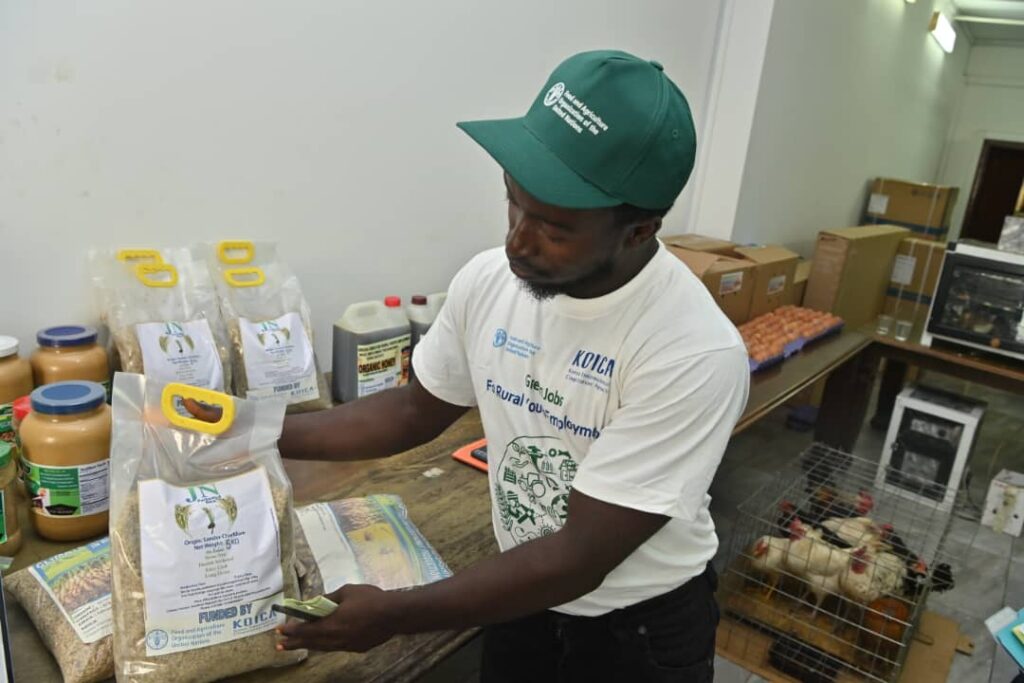
Phase I Achievements Funded by KOICA across Sierra Leone, Zimbabwe, and Timor-Leste, Phase I in Sierra Leone (2019–2021) delivered:
65 green entrepreneurship jobs and 97 wage employment opportunities across five districts.
Three apiary sites in Kono, Kambia, and Kailahun to support sustainable forestry and income.
202 youth trained in agricultural value chains and 15 participants enrolled in universities through project stipends.
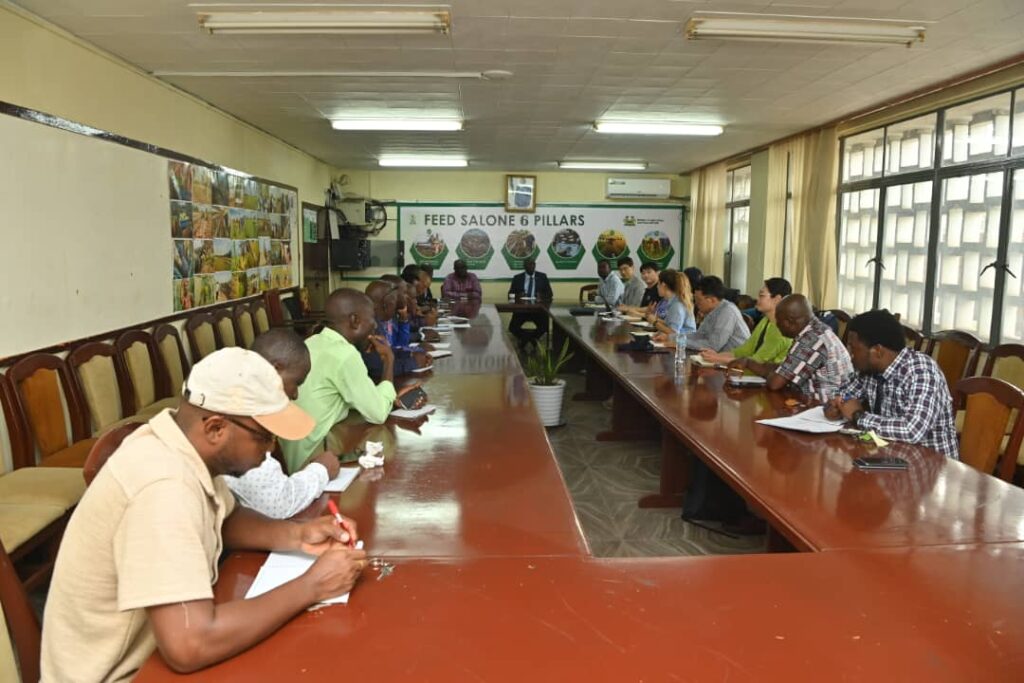
The feasibility study underscores the potential for scaling green jobs through partnerships and addressing systemic challenges.
With Phase II poised to build on these foundations, FAO and KOICA aim to drive sustainable development and economic resilience for Sierra Leone’s rural youth.
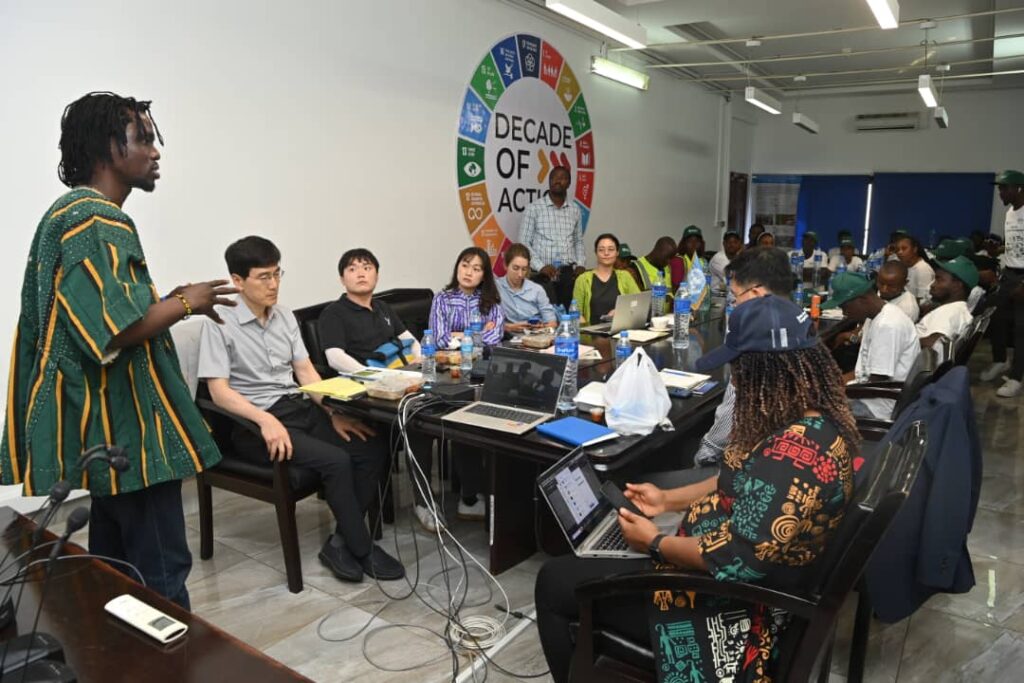
FAO and KOICA’s collaboration aligns with global efforts to advance youth employment and environmental sustainability under the UN’s Sustainable Development Goals (SDGs).



